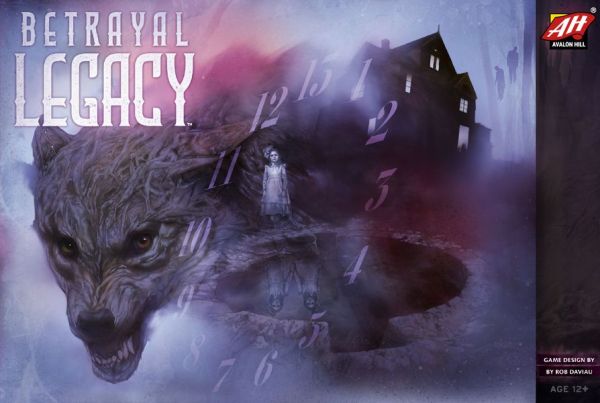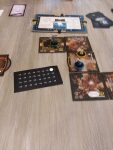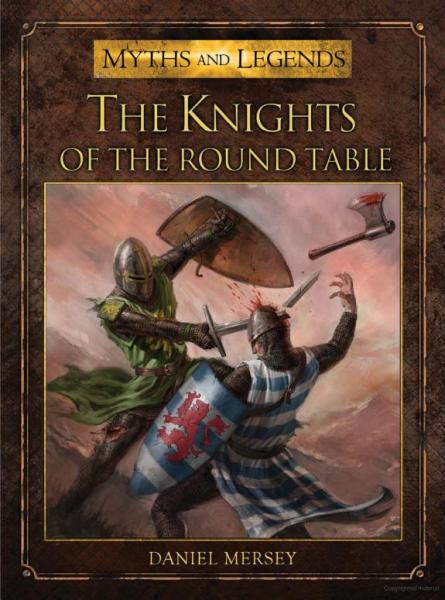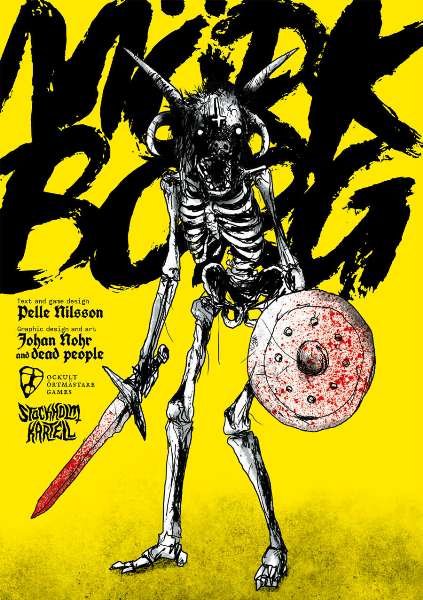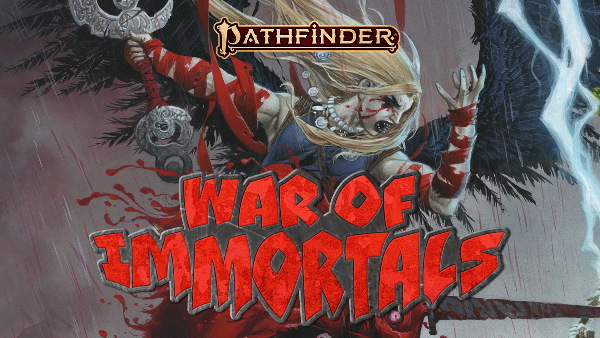
Betrayal Legacy
Betrayal Legacy is an investigative horror/exploration board game developed by Rob Daviau and published by Avalon Hill.
By Aaron T. Huss
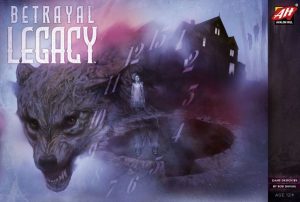
Learn more about Betrayal Legacy here
Purchase Betrayal Legacy here
Find other Avalon Hill posts here
Betrayal Legacy is the spiritual successor to Betrayal at House on the Hill. I say it that particular way because it doesn’t replace the original, but rather is a separate game that enhances the core mechanics already established. Both games feature the investigation/exploration of the haunted house within different scenarios. However, Betrayal Legacy is more of a campaign-style game whereas each game influences subsequent games. The game features a grandiose story arc that provides the background to all the scenarios which are loosely connected from one to another. They are loosely connected because they are only connected through the scenario’s fiction, primarily at the beginning and the end. The actual events that occur in your scenarios do not directly carry over. However, the changes to the house on the hill do.
The changes that flow from one scenario to the next are all mechanical, playing off the fiction from the previous scenarios. Starting with the base game, you thus expand the game gradually with each completed scenario, adding tiles and cards. The game thus grows and grows until the overarching story is completed. Unfortunately, you actually deplete and dispose of many cards in the process of moving through the scenarios, meaning you can only play the story arc once. After that, the game has mechanics to play an open mode that allows you to continue play forever. Maybe Avalon Hill will produce micro-releases in the future that enhances that open play mode, but that’s wishful thinking.
Betrayal Legacy is effectively more than just a horror board game, it is a story that narrates itself as you play through each scenario, building the story up to a climatic end. After the first scenario, gameplay increases in time; you get more tiles to explore and more cards that end up in the appropriate decks. This not only continues the story, but also varies gameplay through the additional options on the tabletop. You, however, are playing the same character, or rather family, through that overarching story, connecting yourself from one scenario to the next. This is especially fun if you die as you get to craft who you now are when you begin playing the next scenario. Are you the sibling of the deceased? The child? Cousin? Long lost relative seeking vengeance? You could be anything and this bit of flavor can be brought in to enhance your game experience.
Personally, my favorite aspect of the game is how the experience morphs over time even when using the same tiles and cards. Without spoiling anything, tiles can change slightly as can the cards. It’s like digging up a piece of history (well, in-game history) with every exploration. You can even narrate that in your story as your character moves along. Another favorite aspect of the game is that at the first scenario, it is essentially rules light. As the scenarios progress, the game builds up and new rules are added, but they’re added in bite-sized amounts, thus avoiding an overwhelming of new rules. Add a little bit here; add a little bit there. Right out the chute, the game is easy to navigate and as you get more accustomed to the mechanics, then you add a new one to enhance your experience.
This campaign-style of mechanic is not new and is a growing trend in the industry. I personally am a big fan of these mechanics as it allows you to truly become wholly absorbed into the game, your chosen character, and the narrative. It gives the game a new purpose and motivates you to come back for more. Not simply because you have a slightly different experience every time, but because you get to watch the game progress, getting bigger and bigger until it reaches some amazing zenith where the ultimate challenges are faced! I truly hope the hobby continues this trend as it makes my gaming experience a lot more exciting! It also gives me an excuse to buy micro-release expansions.
